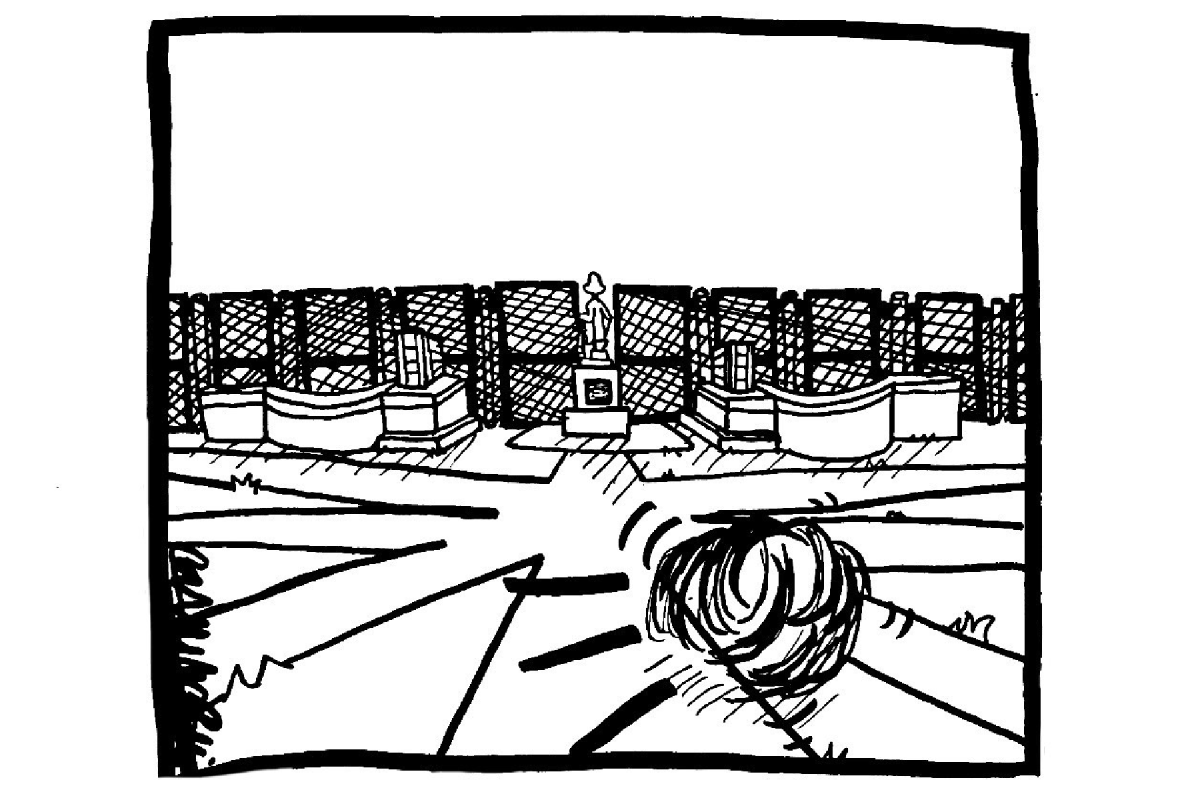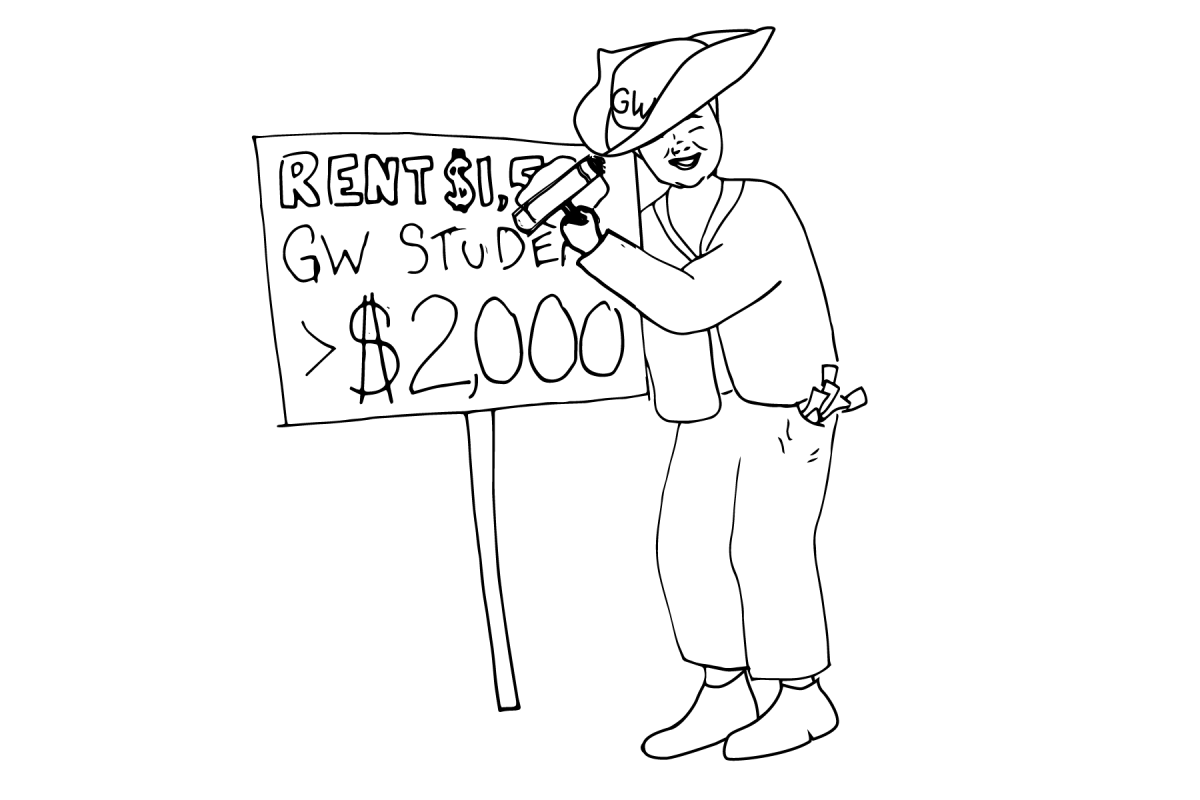I am writing to voice my strong objection to the article Students choose the `easy A’ over a hard course (Oct. 19, p. 8) and the accompanying table of percentages of students who expect to receive an A. The article, along with the supporting table, give the impression that, in Economics 11 as well as other introductory courses, there is substantial variation in course content and grading policy. While I cannot comment on other subjects, in economics we coordinate course content and check grading standards so that significant variation should not occur.
For example, all instructors use textbooks that cover the material in very similar ways. While student surveys may show that those attending the lecture and responding on the date of the survey expected different grading outcomes – 61.9 percent of respondents in Professor Trost’s class expected A’s compared to 26.2 percent of students in my class – actual grades are quite different. A check of fall 1999 grades indicates that 22.7 percent of students in Professor Trost’s class received grades of A or A- compared to 20.8 percent of the students in my class. Note that, for both classes, the percentage of actual A’s was less than the percentage in the survey, perhaps reflecting the tendency for students getting A’s to attend class and respond – a phenomenon known as sample selection bias. Overall, I conclude that it is very dangerous to use survey results or informal student opinion to draw conclusions about courses. Consultation with instructors is certainly preferable.
This brings me to my last, and most important, point. It is very unfortunate for The Hatchet to publish any article regarding instruction or grading without prior consultation with the instructor and the responsible department. If Professor Trost, the Economics Department chair or I had been consulted prior to publication of this article, we would have given information on the degree of coordination of Economics 11 instruction and grading. I suspect that other instructors and departments may also have been unfairly characterized in the article and table. Because The Hatchet is seen by many to reflect opinion at the University, it should take care to consult the faculty regarding the correctness of its reporting.
-Anthony Yezereconomics professor




